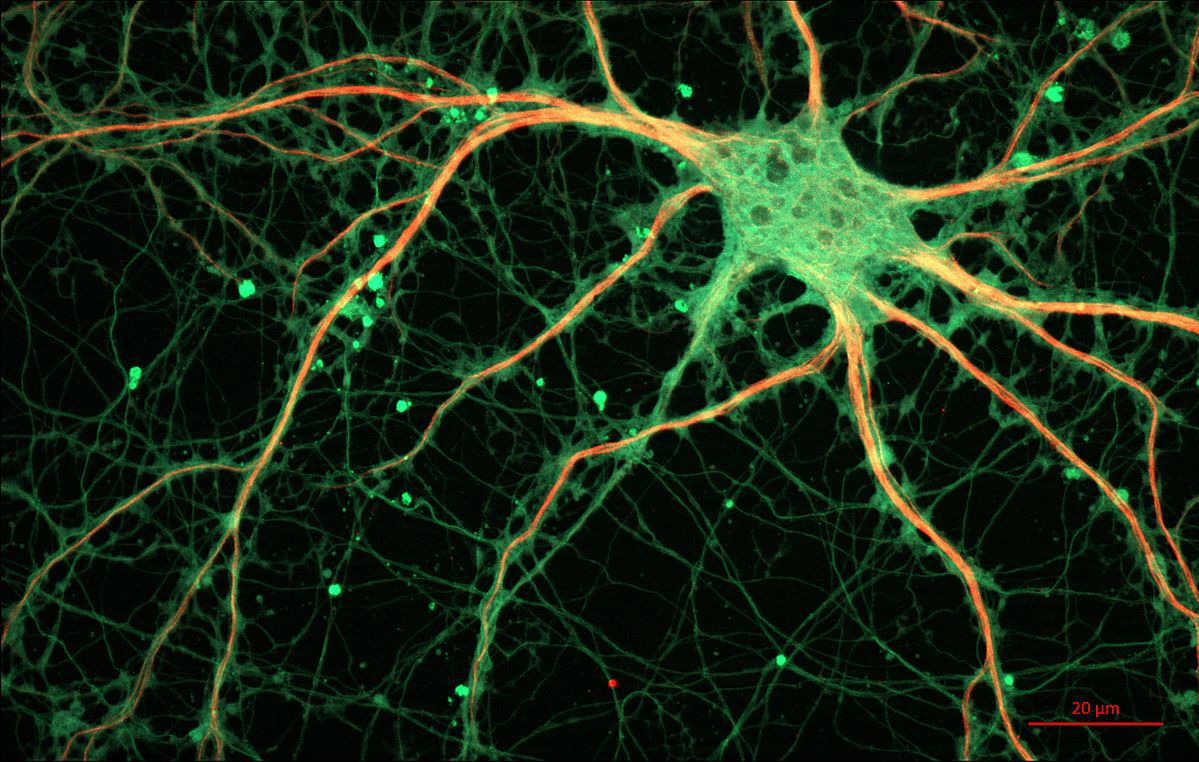Everybody knows that exercise improves fitness and overall health. Some also suggest that exercise can improve brain function, but no one was fully aware of how or why until recently. A team of German and American research scientists may now have the explanation.
In a new study published in Cell Metabolism by Dr. Henriette van Praag and colleagues, they have linked a protein that is secreted by muscle tissue during exercise to improved memory and even nervous tissue growth.
The team of scientists identified the protein as cathepsin B, and defined it as a muscle secretory factor that is important for the cognitive benefits of running.
This new discovery may elucidate the exact mechanism behind the neurological benefits of exercise, and could provide a medical application that dementia patients and their families have been looking for.
This breakthrough study began as a search in mice for muscle secretory proteins called myokines that may modulate brain activity.
The scientists injected the mice with an exercise mimetic, facilitating an increase in metabolic activity of the mices’ cells enough to release myokines. The scientists found a myokine small enough to traverse the blood-brain barrier, which they identified as cathepsin B.
Through further testing the researchers found that mice that exercised over a period of a few weeks had significantly higher blood plasma levels of cathepsin B compared to those that did not.
Furthermore, those with elevated plasma levels of cathepsin B showed an increase in memory and significant growth in their hippocampi, an area of the brain associated with memory and learning. Mice genetically engineered to lack cathepsin B that performed the same activities did not exhibit these neurological benefits.
Using human subjects later yielded similar findings; those that exercised by running on a treadmill for 4 months exhibited a rise in blood plasma levels of cathepsin B along with improved hippocampus-dependent memory.
The results of this study could mean much more than just new information in a textbook, because it also adds to the long list of reasons to exercise daily.
This new knowledge should encourage Clemson students to remain active in order to maintain not only a healthy body, but also a healthy mind. The finding from this study could also lead to a revolutionary medical breakthrough.
In the future cathepsin B could be targeted pharmaceutically to relieve the effects of Alzheimer’s and other dementias. Because cathepsin B is a mediator in enhancing hippocampus-dependent memory, it may be an effective supplement for enhancing memory in those developing dementia.
This method of treatment is particularly intriguing because those developing dementia are typically older and unable to exercise and, therefore, reap its neurological benefits.
Tigra Scientifica: Routine exercise linked to improved memory
April 3, 2017
Donate to The Tiger
Your donation will support the student journalists of Clemson University . Your contribution will allow us to purchase equipment and cover our annual website hosting costs.













